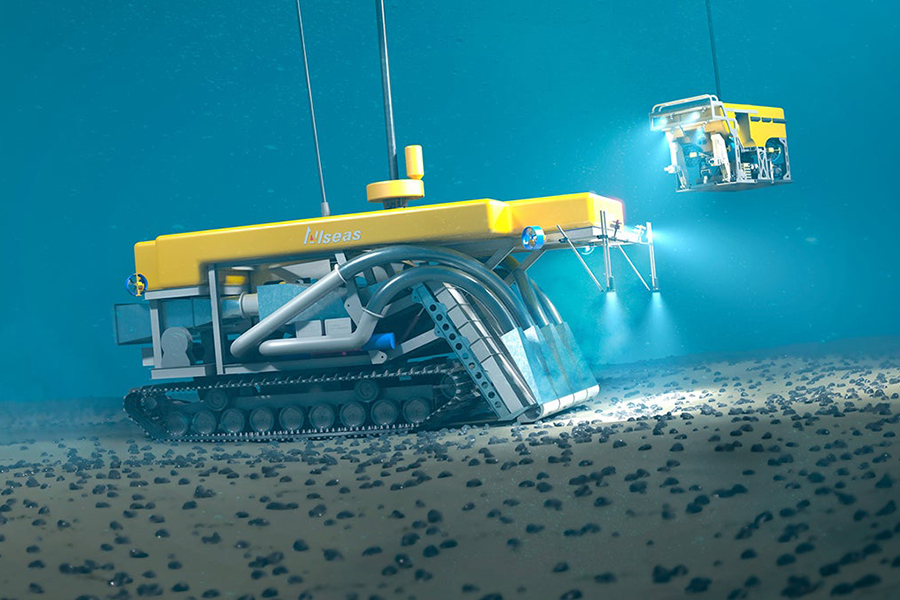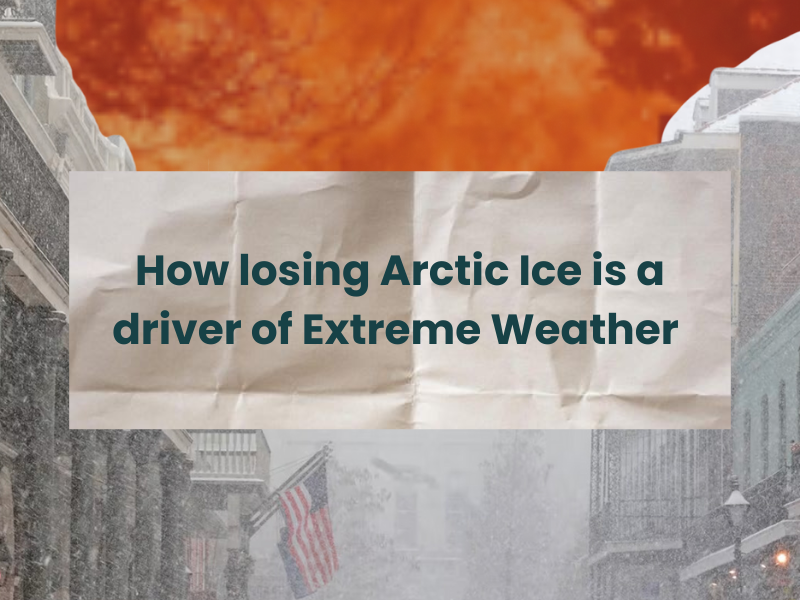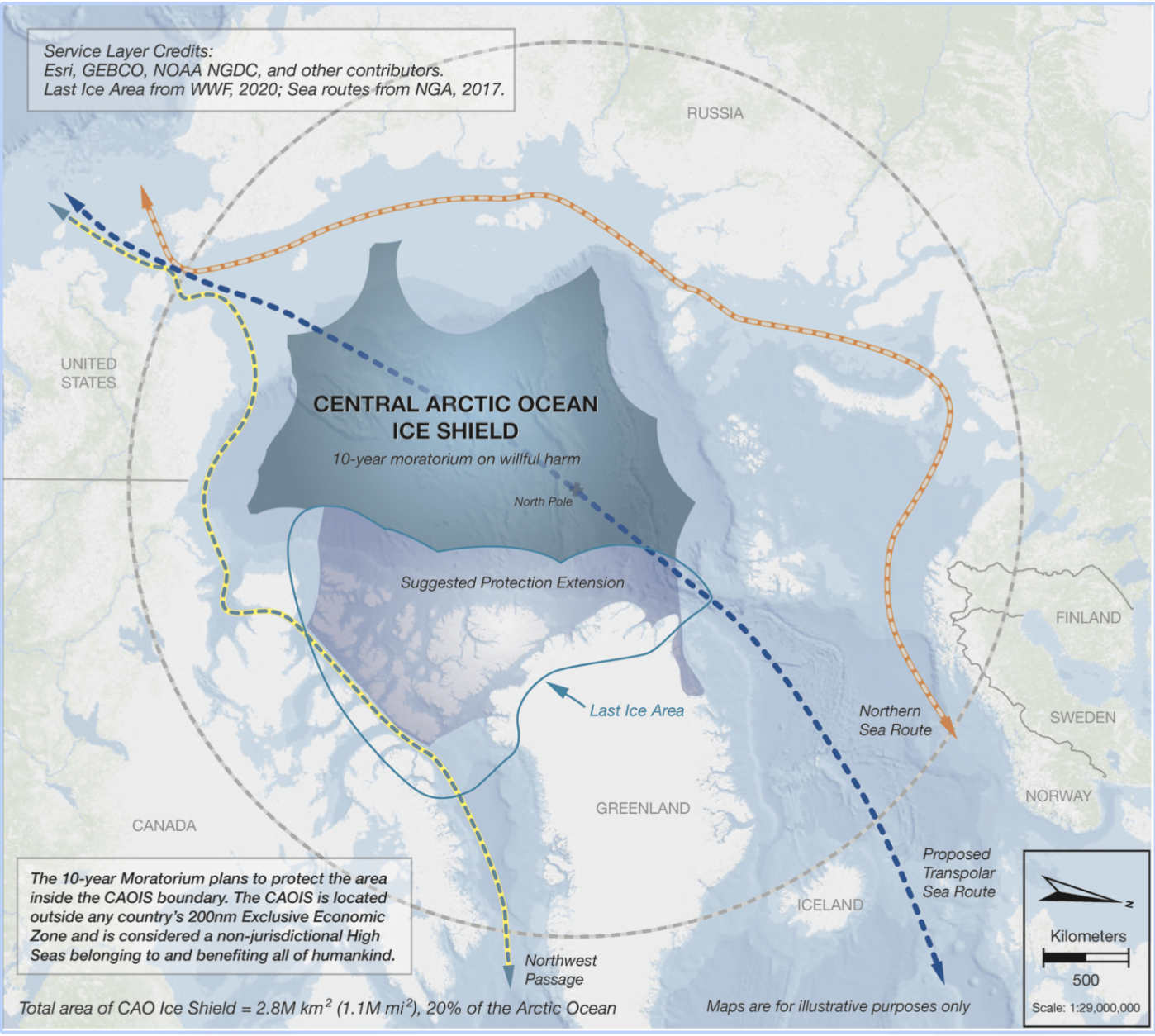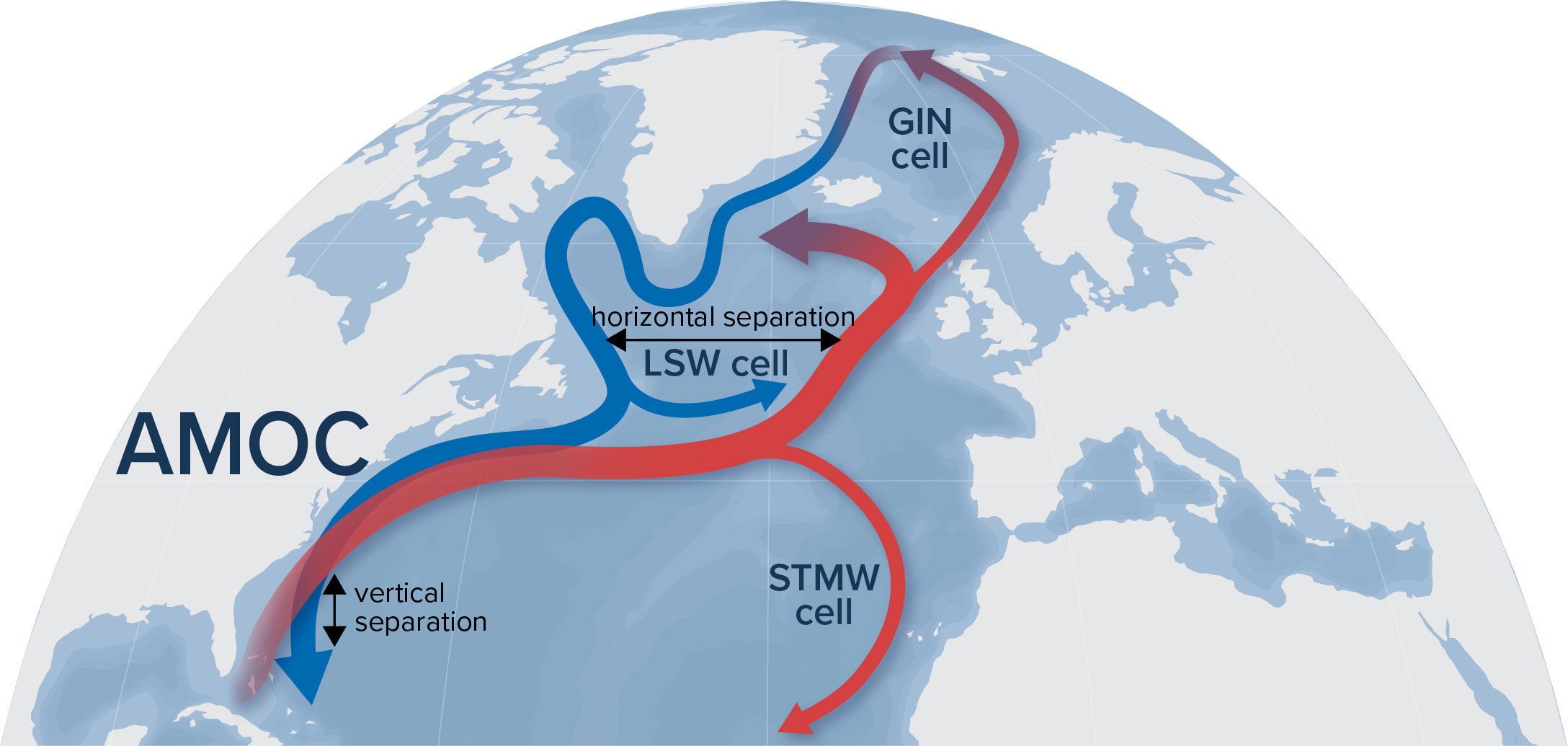Arctic Angel Krista shares her review of the European Parliament resolution on Norway’s recent decision to advance seabed mining in the Arctic (Part 2).
The European Parliament stayed consistent and called again for the promotion of an international moratorium on deep-seabed mining. Following a debate in the plenary session of January, the European Parliament voted on a resolution regarding Norway’s decision to allow seabed mining in the Arctic in the first plenary session of February.
In its resolution, the Parliament refers to several obligations of Norway as a party to treaties, agreements, and conventions. It also calls on the European Commission and Norway to “engage in continuous dialogue and to exchange scientific research and knowledge on the seabed and the sustainable management of the ocean”. The Parliament calls on the Commission and the Member States to promote the moratorium, also at the United Nations’ International Seabed Authority. It urges all countries to act by the precautionary principle, as well.
Great news, isn’t it? Absolutely! Is our job done? No.
While the resolution was quite good, as expected, here are a few things you might want to keep an eye on:
The European Parliament calls on the European Commission and the Member States to promote the moratorium on seabed mining “until the effects of deep-sea mining on the marine environment, biodiversity, and human activities at sea have been studied and researched sufficiently”. What I’m worried about is the definition of sufficient studies and research. Though there is yet not enough research on the effects of seabed mining, the results we already have indicate that the effects would be destructive. The resolution notes this, as well, by acknowledging the concerns recognised about seabed mining activities’ harm to biodiversity and the functioning of the ecosystem and the risks of releasing methane. Another word that catches my eye is the until. According to the resolution, the moratorium is only called for until proper knowledge is gained. Will there be a true commitment to only making decisions based on the knowledge yet to be gained by research?
The quote continues: “and [until] deep-seabed mining can be managed to ensure no marine biodiversity loss or degradation of marine ecosystems”. That, to me, sounds like the mining activities would only happen if we found out the mining can do zero harm to the ecosystems. Amazing! Or does it sound a bit too good to be true?
What we must know, as well, is that the EU has also been preparing the Critical Raw Materials Act or CRMA. The aim of the act is good in the sense that it is drafted to secure needed minerals for the Green Transition, to raise the EU’s mineral self-sufficiency, to secure supply chains, and to improve the sustainability of mineral extraction, taking into account human rights, for instance. However, the act defines a list of strategic and critical minerals, and the recognition criteria for Strategic Projects (e.g., extraction of certain minerals). If matching the criteria, a project would be “given priority status at national level to ensure rapid administrative treatment and urgent treatment in all judicial and dispute resolution procedures relating to them”. The criteria currently include requirements for environmentally and socially sustainable practices, yet, the definition of sustainable practices is what I am once again worried about. It is important to remember that the current version of the text is the Parliament’s decision from the first reading, and the process is still ongoing. We do not have the final CRMA yet.
Referring to another paper, in the Commission’s communication on a new approach for a sustainable blue economy in the EU (2021), it is stated that “the EU should advocate that marine minerals in the international seabed area cannot be exploited before the effects of deep-sea mining on the marine environment, biodiversity, and human activities have been sufficiently researched, the risks are understood and the technologies and operational practices are able to demonstrate no serious harm to the environment.” Again, the moratorium demand only extends to before proper research and evaluation. In this paper, the limit of human activities is serious harm. I’m yet to understand what the limit of serious harm is, and I also call for a proper examination of what less than serious harm can do, especially in the long haul.
The European Parliament resolution on seabed mining in the Arctic takes into account that the deep sea is the oldest biome on the planet, is believed to have the highest biodiversity on Earth, and that Arctic ecosystems are of central importance for biodiversity, fish stocks, and climate regulation. It is also noted that the deep sea is the area least known to humankind, vulnerable to human disturbances, and already under pressure from climate change. I claim that based on the arguments stated in the resolution, we already have numerous reasons to stand strong on the call for a moratorium on seabed mining. I hope the European Parliament and the EU as a whole keep driving for this goal, strive to gain science-based information and commit to act on that basis.
A fellow Arctic Angel, Vasser Seydel, and The Oxygen Project have launched a campaign to fight against the permanent destruction of the last untouched and most diverse ecosystem on earth. Join us now and sign the official letter to the UN International Seabed Authority calling for the protection of the seabed.
Documents referred to:







